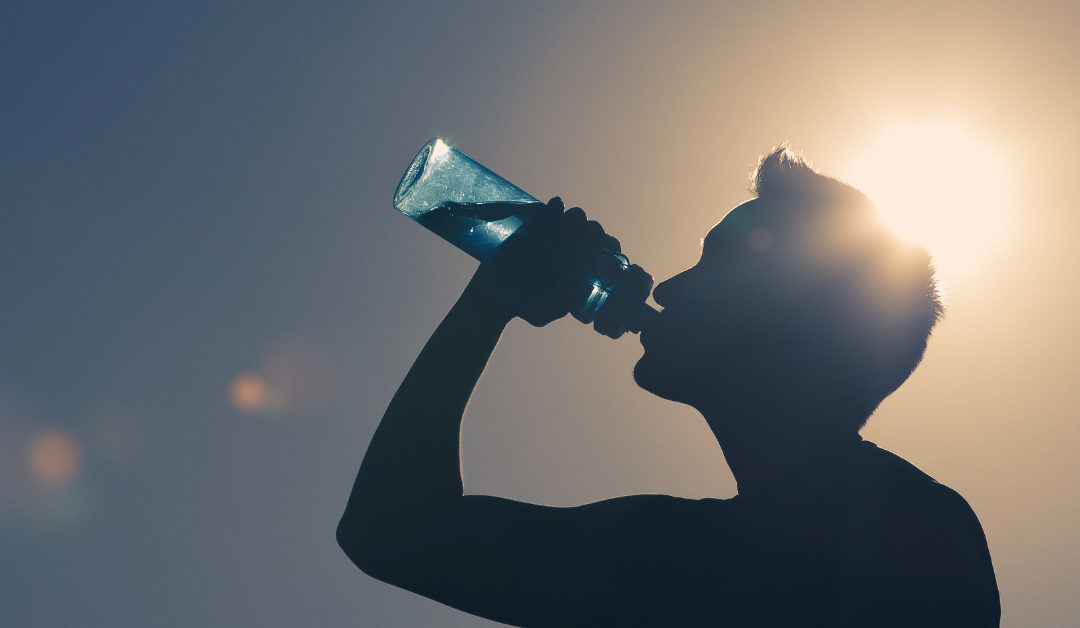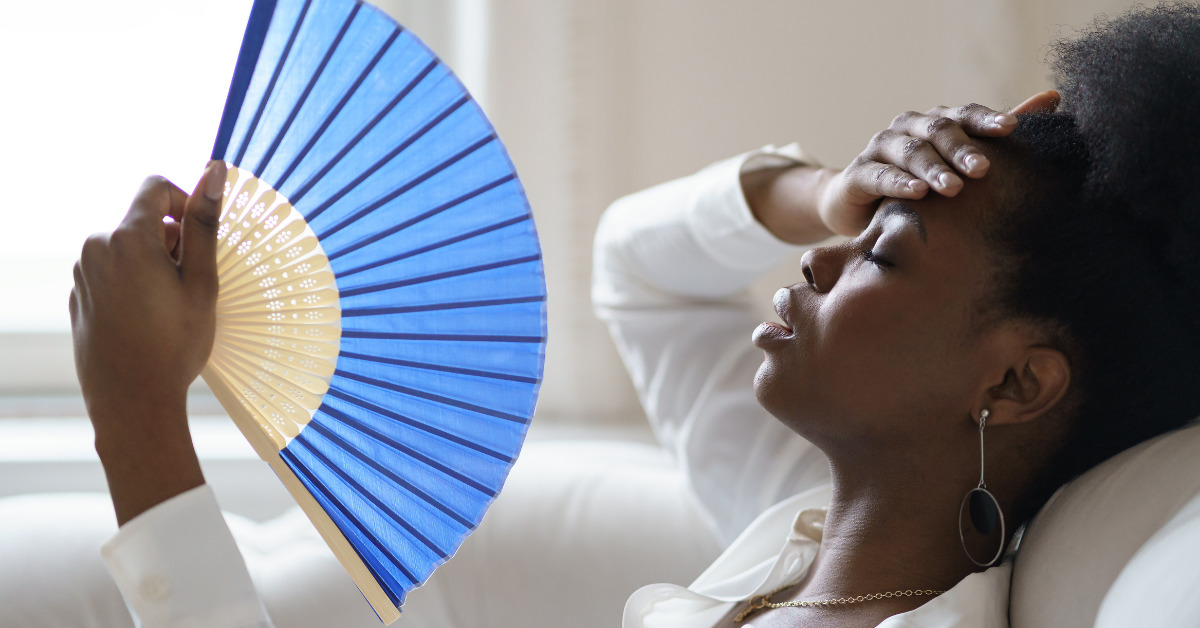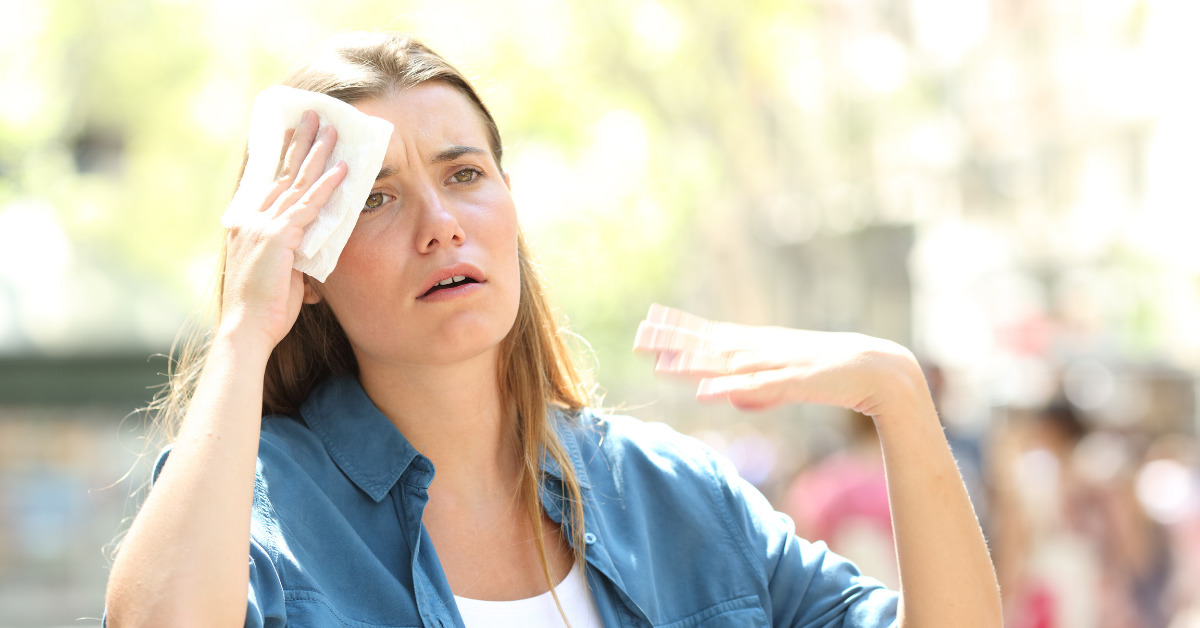Summer in Dubai is HOT HOT HOT! The average temperature during the daytime is about 45°C in summer. Temperatures normally start to peak in August and can rise up to 50°C, let alone adding in the humidity and the “feels like” temperature. While there is still so much to do to keep you entertained it is sometimes very hard to avoid experiencing the blazing sun at some point in your day’s activities.
Looking after your health is very important during the summer months to avoid things like heat exhaustion, heat stroke, and dehydration so you can continue to go on with your daily activities and commitments.
Try to avoid any heat-related illness by:
- Do not spend an extended period of time in the heat
- Always carry water with you and stay hydrated
- Have an umbrella or hat with you
- Do not lay in the heat
- Wear loose, light-colored clothing
- Wear sunscreen
- Avoid alcohol
Factors that put someone at higher risk of heat exposure illness
- Age
- Medication
- Health conditions
- Tolerance to heat
Heat exhaustion
Heat exhaustion is something that happens suddenly or over time in hot temperatures. This is particularly exacerbated by exercise outside, high humidity and if your body is not used to the sun or hot temperatures it can be even worse. Some signs that you are experiencing Heat exhaustion are heavy sweating, weak rapid heart rate, redness in the skin, dizziness, muscle cramp, nausea, and headaches. If you are starting to experience these symptoms and think you are suffering from heat exhaustion you should stop any exercise, move to a cooler place, drink a cool drink, and rest. If you do not identify heat exhaustion quickly there is a chance that it can become heat stroke.
Heat stroke
Heat stroke is when the body overheats, usually as a result of prolonged exposure to high temperatures resulting in your body temperature rising to 40 C or higher. This condition is most common in the summer months in Dubai. During heat stroke you could experience an altered mental state, high body temperature, dry skin and hot to the touch, rapid breathing, vomiting, and/or nausea. Heat stroke required urgent medical attention. If untreated it can result in damage to the brain, muscle, kidneys, or heart. The longer you leave treatment the high chance of more damage. If you are starting to experience these symptoms and think you are suffering from heat stroke you should move the person into a cool place, take off any excess clothing and cool the whole body with cold water using a cool shower, bath (up to the shoulders), hose, cold towels or ice packers to try to lower the body temperature. The important parts to try and cool are under the arm, the back of the next, the head, and the groin.
Dehydration
Dehydration is when you are losing more fluids than you are taking in and in the hot summer, you do sweat a lot. When your body loses so much fluid your blood volume drops and you no longer have what the body needs to function in a normal manner. Anyone can experience dehydration but it can be very dangerous to young children and older adults. Dehydration can be a result of diarrhea, vomiting, medication and heat exhaustion, and/or heat stroke if not enough water is replacing the fluid lost. Some signs and symptoms you may be experiencing are dry skin, tongue, and mouth, irritability, lack of urine output or dark urine, extreme thirst, fatigue, and/or dizziness. If you are starting to experience these symptoms and think you are suffering from dehydration you should replace lost fluids naturally by sipping water and staying out of the heat. It could take up to 36 hours to completely hydrate the body naturally.
If you think you are suffering from extreme dehydration you may need to seek medical attention to replace the fluids lost.
The summer is a great time to be in Dubai as it is quiet but just make sure you take the right precautions so you can really enjoy it.




